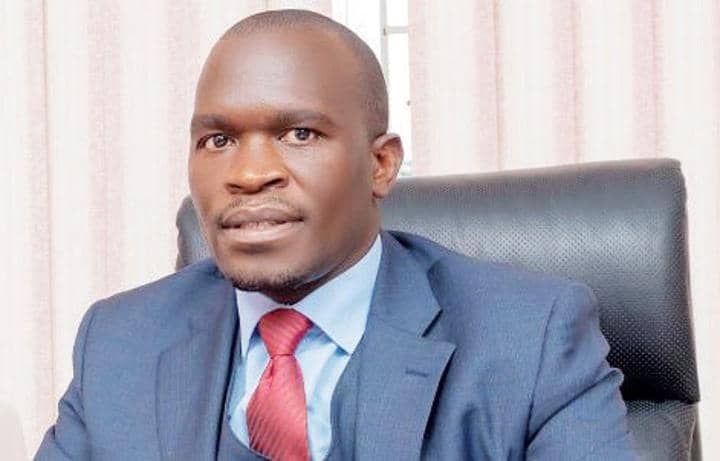By Burnett Munthali
Malawi’s Attorney General, Thabo Chakaka Nyirenda, has demanded a public retraction and apology from the Platform for Investigative Journalism in Malawi (PIJM) following the publication of a story alleging abuse of office in the handling of mining contract negotiations. The disputed report, published recently by PIJM, suggests that Nyirenda misused his position to influence key decisions related to a lucrative mining deal involving the Malawian government and foreign investors.
In a strongly worded statement, Nyirenda categorically denied the allegations, describing the report as “false, malicious, and defamatory.” He emphasized that his office has adhered to all legal and procedural requirements in overseeing the country’s mining contracts and negotiations. “The article published by PIJM is not only misleading but tarnishes my reputation and that of the office of the Attorney General. It has the potential to erode public trust in the integrity of government operations,” Nyirenda stated.

According to sources close to the Attorney General’s office, Nyirenda is particularly concerned about the timing of the report, which comes at a critical juncture as Malawi seeks to attract foreign investment in its mining sector. The country is home to vast mineral resources, including rare earth elements and other precious metals, making it an attractive prospect for international mining companies. However, controversies surrounding contract transparency and governance have repeatedly emerged, placing key public figures under scrutiny.
Nyirenda’s demand for a retraction and apology has sparked conversations among the media fraternity and civil society organizations regarding press freedom and accountability. Some argue that investigative journalism plays a critical role in holding public officials accountable, while others express concerns about the accuracy and fairness of media reports, particularly when they involve sensitive national interests like mining contracts.
Meanwhile, PIJM has defended its report, standing by the information gathered during its investigation. The organization maintains that it followed proper journalistic standards in vetting the allegations before publishing. However, it has indicated a willingness to review the evidence presented by the Attorney General’s office in defense of its actions.
This standoff raises broader questions about the balance between freedom of the press and the protection of public officials from potentially harmful allegations. While Malawi’s constitution guarantees freedom of expression and the press, public figures often invoke defamation laws to challenge media reports that they deem damaging to their reputations. In this case, the resolution may have significant implications not only for Nyirenda’s career but also for the broader discourse on transparency in Malawi’s extractive industries.
As the situation develops, both parties are expected to engage in further negotiations, though it remains to be seen whether the issue will be resolved amicably or lead to a protracted legal battle. For now, the public awaits a formal response from PIJM regarding Nyirenda’s demands, as well as potential clarifications or corrections that may follow.
This case serves as a reminder of the complex dynamics between government institutions, the media, and the public, especially in a country like Malawi, where issues of governance and accountability are closely watched by both citizens and the international community.


